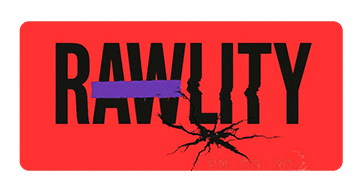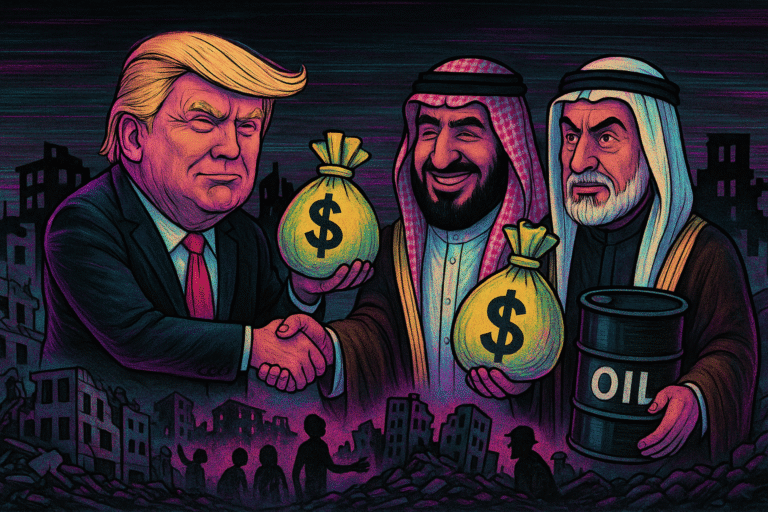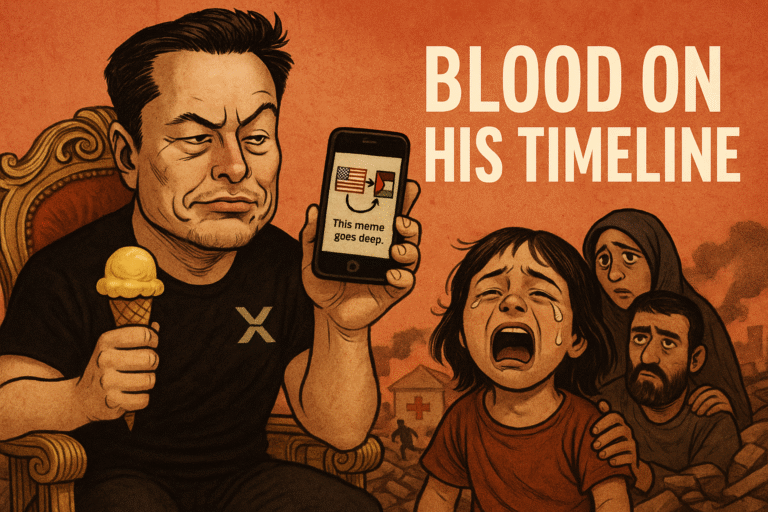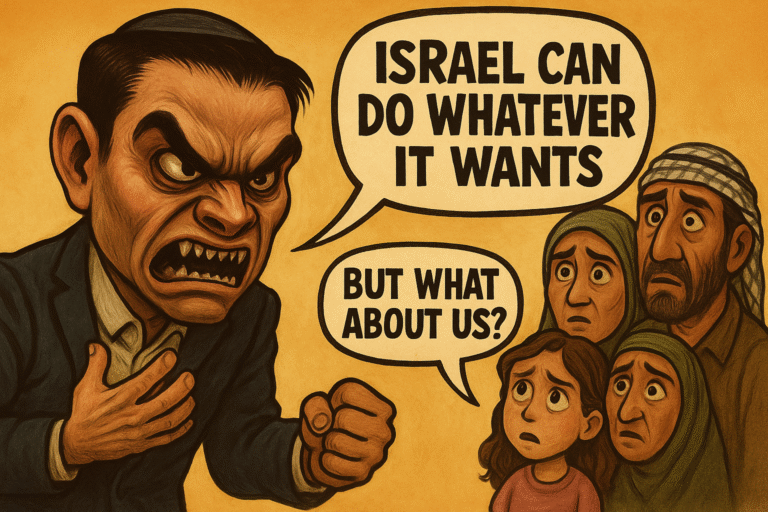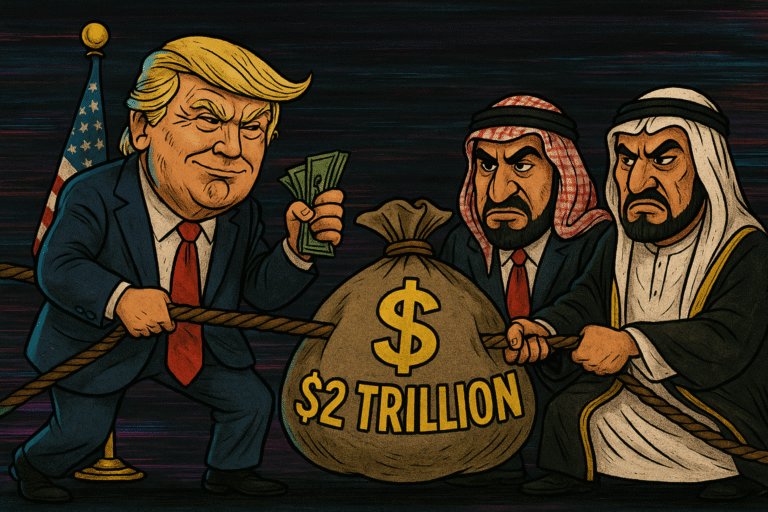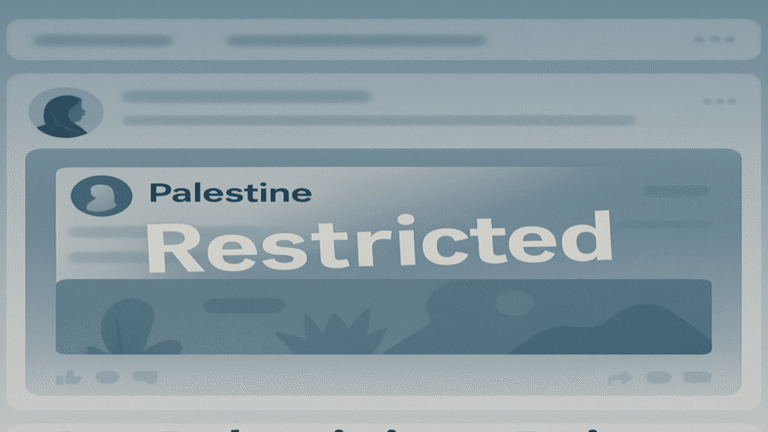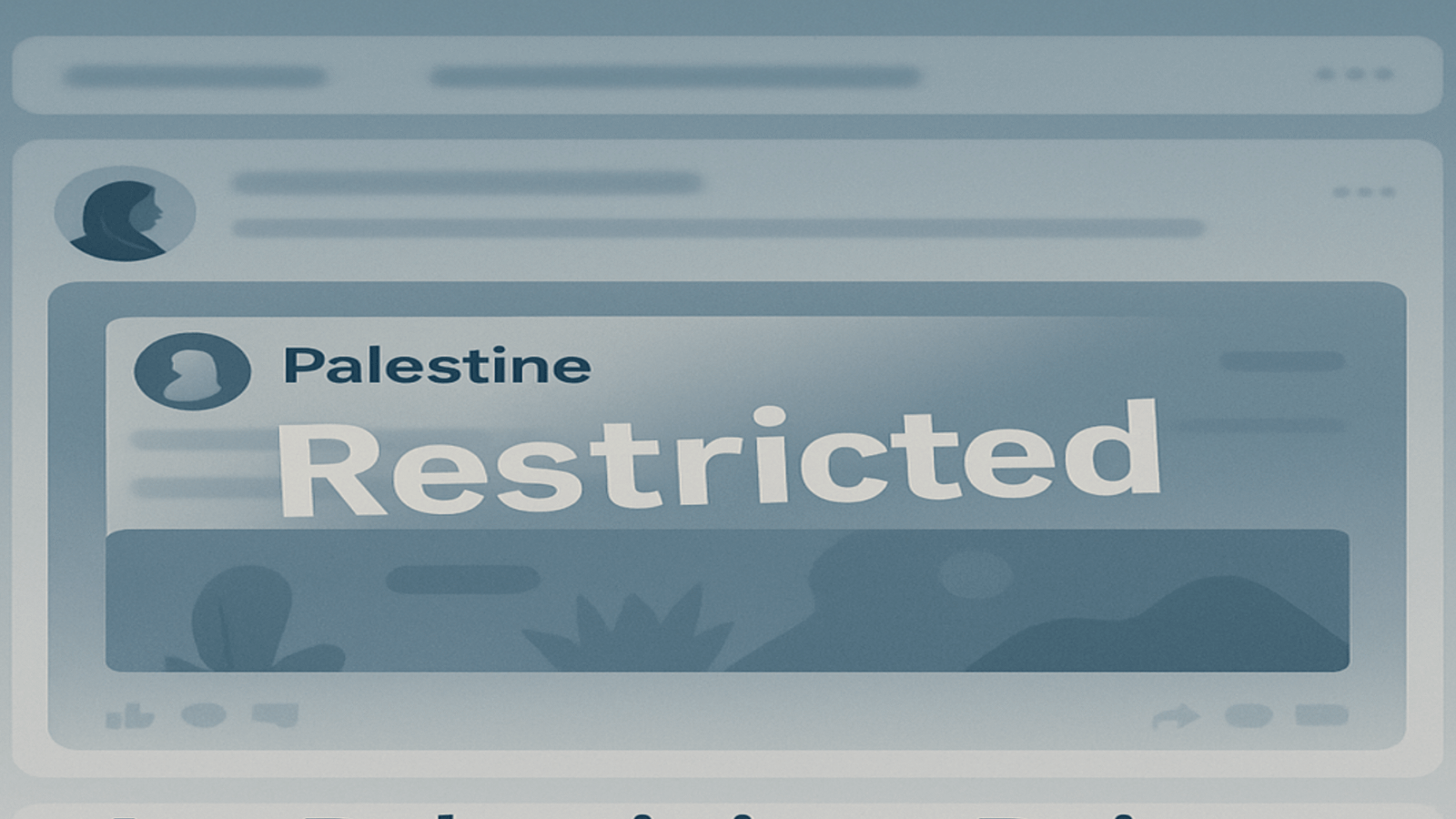
When 13,000 Muslim children die, we get “thoughts and prayers” – when 500 Ukrainian children die, we get global outrage. Coincidence? The data says hell no.
Let’s cut the diplomatic bullshit and ask the question no one wants to answer: If the 40,000+ dead in Gaza were blonde-haired, blue-eyed Christians instead of brown-skinned Muslims, would we still be debating whether this is a “complicated situation”?
Spoiler alert: We wouldn’t. We’d have seen NATO intervention by Christmas.
The evidence isn’t just compelling – it’s a flashing neon billboard of moral hypocrisy. And yet we’re all supposed to pretend not to see it, lest we be accused of “oversimplifying” the issue. Because apparently noticing that Muslim death doesn’t trigger the same empathetic response as European death is now considered an unsophisticated take.
Death By Demographic: Your Suffering’s Newsworthiness Depends on Your Religion
It’s the world’s worst-kept secret: Muslim suffering comes with footnotes, asterisks, and a “context needed” disclaimer that no other human suffering requires.
A Stanford study (yes, that Stanford – not some fringe blog) found news consumers were 37% less likely to feel strong emotions when victims were identified as Muslim. Same blood. Same tears. Same dead children. Just different reactions based on who’s doing the crying.
Let that sink in: Science has literally measured our collective emotional disconnect when the victims are Muslim. This isn’t a conspiracy theory – it’s quantifiable bias.
After decades of watching Muslims play the villain in everything from cheesy action movies to prime-time news, we’ve been programmed to see Muslim pain through a filter of suspicion. “But what about Hamas?” has become the socially acceptable way of saying “I don’t actually care about Palestinian children.”
Imagine responding to news about Ukrainian civilians with “but what about corrupt Ukrainian politicians?” You’d be called heartless – and rightfully so. But when it comes to Palestinians, suddenly collective punishment of civilians for their government’s actions becomes a nuanced talking point from Very Serious People™.
The Algorithm Has a Religion, and It’s Not Islam
Remember when your entire social feed turned blue and yellow for Ukraine? Remember the fundraisers, the profile picture filters, the corporate solidarity statements? The #StandWithUkraine hashtag trending for weeks?
Fast forward to Gaza, and suddenly your Palestinian solidarity post disappears faster than Elon Musk’s ethical principles. Your reach plummets. Your account gets suspended. The algorithm suddenly finds your content “violates community standards.”
Funny how that works.
Human Rights Watch (not exactly a radical organization) documented over 1,000 cases of content suppression on platforms like Instagram and Facebook during the Israel-Gaza conflict. Their investigation found Meta was “suppressing content about Palestine” through removals, visibility restrictions, and shadowbans.
TikTok’s no better. A study by 404 Media found Palestine-related hashtags got substantially less visibility than Israel-related ones, despite similar usage rates. When researchers posted identical content with different geographic tags, content tagged with Palestinian locations tanked in engagement.
The platforms will tell you with a straight face that it’s all about “community standards” and “preventing misinformation.” Funny how these standards seem to apply most aggressively to Muslim suffering. It’s almost as if the algorithm itself has been programmed with the same biases as the society that created it.
Silicon Valley’s content moderation policies don’t just have a bias – they have a religion, and it’s clearly not Islam.
Celebrity Hypocrisy: The “All Lives Matter” Approach to Gaza
Nothing exposes the double standard quite like watching celebrities trip over themselves to support Ukraine while developing sudden laryngitis when it comes to Gaza.
Remember when Kim Kardashian posted a passionate “Stand With Ukraine” message at the start of Russia’s invasion? Fast forward to Gaza, where over 13,000 children have been killed (not a typo – THIRTEEN THOUSAND CHILDREN), and suddenly she’s all about “this is complicated” and “praying for all families.”
When fans confronted her about her silence on Palestinian children, her response was peak celebrity neutrality: “I hope for peace for both sides.” Both sides – as if dead children and their killers deserve equal consideration. Imagine saying “I hope for peace for both sides” about any other conflict where thousands of children are being bombed. The “all lives matter” approach rings especially hollow when some lives clearly matter more than others in celebrity activism.
Then there’s Justin Bieber, who reached new levels of cluelessness when he posted “Praying for Israel” alongside images of bombed-out buildings – which turned out to be Gaza, not Israel. Let that sink in. He shared pictures of the very destruction he couldn’t bring himself to condemn, while misidentifying the victims. When fans pointed out his mistake, did he acknowledge Palestinian suffering? Nope – he just deleted the post and went silent.
The list of hypocrites is endless. Madonna held a Ukrainian flag on stage during her tour but couldn’t bring herself to condemn the bombing of Palestinian schools. Gal Gadot posted heartfelt messages about Ukrainian refugees but offered only vague “prayers for peace” regarding Gaza, despite having previously voiced strong support for IDF military actions.
The selective outrage isn’t subtle. When 500 Ukrainian children died (a genuine tragedy deserving attention), celebrities couldn’t stop talking about it. When 13,000 Palestinian children died, we got crickets or mealy-mouthed “praying for peace” statements.
These aren’t just innocent mistakes or celebrities being apolitical. Many of these same stars had no problem being explicitly political for Ukraine. The contrast tells us exactly which victims deserve real empathy and which ones get generic “thoughts and prayers.”
If your empathy has a religious filter, it’s not empathy – it’s just brand management.
The Language of Dehumanization: How Media Makes Palestinian Death Palatable
You don’t need a linguistics degree to notice how differently media outlets talk about Israeli versus Palestinian casualties. The Tow Center for Digital Journalism analyzed major news networks and found that Israeli victims are typically humanized with personal stories, names, and family contexts, while Palestinian casualties are reduced to numbers and statistics.
The language itself performs a magic trick of moral distancing:
- Palestinian casualties “die” or “are killed” (passive voice)
- Israeli casualties are “murdered” or “slaughtered” (active voice)
One is presented as a tragedy, the other as a statistic – as inevitable as bad weather.
When Palestinian children appear in Western media coverage, they’re frequently framed within narratives of radicalization or as political pawns, rather than as innocent victims – a framing automatically afforded to children from other conflict zones.
“But Hamas uses human shields!” they cry, as if this explains why American journalists can’t seem to interview grieving Palestinian parents with the same compassion they show Israeli ones. As if this justifies why Palestinian deaths are reported with the emotional weight of a weather forecast.
Islamophobia: Not Just Your Racist Uncle’s Problem
What we’re witnessing isn’t just casual prejudice—it’s institutionalized Islamophobia that has become embedded in our media systems, content moderation policies, and political frameworks.
The “Muslim exception” operates on multiple levels simultaneously. At the unconscious level, decades of “War on Terror” narratives and problematic Hollywood portrayals have created what Edward Said called “imaginative geography”—where the Muslim world exists primarily as a threatening “other” in the Western imagination.
This othering has real consequences. A 2022 study by the Media Monitoring Lab found that news stories involving Muslims are 72% more likely to focus on conflict, terrorism, or fundamentalism than stories about other religious groups. The study also found that Muslim victims receive 38% less coverage time than non-Muslim victims in comparable situations.
When journalists were interviewed about this disparity, many admitted to unconscious editorial calculations where Muslim suffering was implicitly categorized as “expected” in certain regions, making it less newsworthy. As one anonymous editor put it: “We have limited resources, and audiences have become desensitized to certain types of suffering in certain places.”
Let’s translate that from media-speak: “Our viewers care less when Muslims die, so we cover it less.” And thus the cycle of devaluing Muslim life perpetuates itself.
Let’s be painfully honest: if 40,000 Europeans died in a few months, would we see the same measured, contextual discussions about “complex geopolitical factors”? Or would we see unambiguous moral outrage and immediate action?
We all know the answer, but saying it out loud makes people uncomfortable.
The Human Cost Behind the Algorithms
The real tragedy in this digital censorship and media bias is the human cost. When Palestinian voices are systematically muted or distorted through a religious lens, it becomes easier to ignore the humanitarian crisis unfolding in Gaza.
According to the United Nations, Gaza is experiencing one of the world’s worst humanitarian crises. Clean water, medicine, food, and electricity are severely limited. Schools and hospitals have been damaged or destroyed. Thousands of civilians, including a disproportionate number of women and children, have been killed.
These aren’t political talking points—they’re human realities that deserve attention regardless of one’s position on the broader conflict. The suffering in Gaza demands our attention not because of the religious beliefs of the victims, but because it is a profound human tragedy.
But when we see Palestinians primarily as Muslims rather than as humans, their suffering becomes easier to ignore, explain away, or accept as an unfortunate necessity. Their deaths become statistics rather than tragedies. Their stories go untold, their voices unheard, their suffering unacknowledged.
And that’s exactly what’s happening right now.
Breaking Through the Silence: Digital Resistance
Despite these obstacles, activists and journalists continue finding ways to break through the digital barriers and challenge the religious framing of the conflict:
- Using code words and alternative spellings to avoid content moderation filters (like typing “P*lestine” to avoid shadowbans)
- Creating backup accounts to continue sharing information when primary accounts are suspended
- Diversifying platforms to reach wider audiences
- Documenting censorship to hold tech companies accountable
- Partnering with larger accounts to amplify reach
These aren’t just social media tactics – they’re digital resistance against a system designed to silence certain voices based on religious and ethnic identity.
What You Can Do: Beyond “Thoughts and Prayers”
As consumers of media and users of social platforms, we can:
- Diversify our sources to include perspectives from affected regions
- Support independent journalism covering underreported stories
- Document and report instances of digital censorship
- Engage critically with media coverage, noting language choices and framing
- Amplify marginalized voices from conflict zones
- Hold tech companies accountable for transparent content moderation policies
- Challenge religious framing that distracts from humanitarian concerns
Most importantly, we must confront our own biases. When you encounter news about Gaza, do you instinctively think of it as a “Muslim issue” rather than a human rights crisis? Do you apply different standards of empathy depending on the religious identity of the victims?
These uncomfortable questions demand honest self-reflection.
The Reckoning: If We Can’t Care Equally About Muslim Death, What Does That Say About Us?
While geopolitics, history, and algorithmic quirks all play their part, we must confront the uncomfortable reality: If Palestinians practiced a different faith, their suffering would likely generate different responses. The evidence is too consistent to ignore.
This isn’t to say that Islamophobia is the only factor—reality is never that simple. But it would be intellectually dishonest to analyze the disparities in coverage, social media treatment, and public reaction without acknowledging the role of religious prejudice.
The data tells us something profound: Muslim lives are implicitly valued differently in our information ecosystems. This isn’t a political statement—it’s a documented pattern across multiple metrics. From slower response times to humanitarian appeals involving Muslim victims to the measurably different language used to describe identical actions depending on the perpetrator’s religion, the pattern is clear.
As we scroll through our carefully curated feeds, perhaps the most important question isn’t just “Whose stories am I not seeing?” but “Why do I react differently to certain victims?” The answer might make us uncomfortable, but confronting that discomfort is the first step toward a more genuinely universal human rights framework.
The Palestinian struggle raises a mirror to our society’s claim of equal concern for all human suffering. What we see in that reflection may disturb us, but acknowledging the distortion is the beginning of correcting it.
And if we can’t do that – if we can’t admit that our empathy malfunctions when the victims are Muslim – then perhaps we need to stop pretending we care equally about all human suffering. Because the data says otherwise, no matter how uncomfortable that truth might be.
